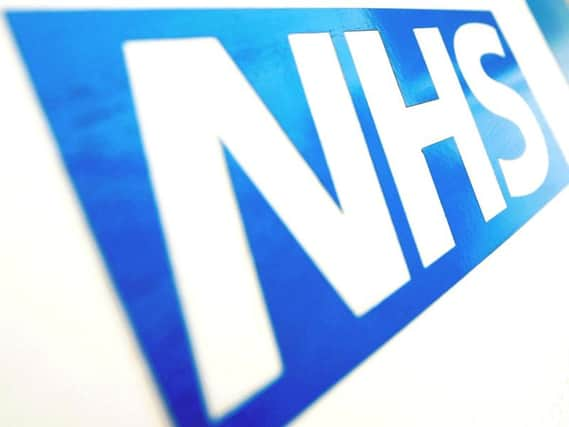Ketamine drug licensed for use in Britain to treat depression


Esketamine is applied as a nasal spray and used to treat severe depression in patients who have not responded well to traditional anti-depressants.
The fast-acting spray is already sold in the US by manufacturer Janssen under the brand name Spravato.
Advertisement
Hide AdAdvertisement
Hide AdThe National Institute for Health and Care Excellence (Nice) is expected to rule by June next year whether the drug will be made available in the UK.
However, experts say a cost negotiation will have to take place before it is rolled out on the NHS.
The Medicines and Healthcare products Regulatory Agency (MHRA) will also decide whether to impose any additional safety measures on the drug.
Some patients have shown to benefit from the drug within hours, where conventional anti-depressants can take weeks or months to start having an effect.
He told the PA news agency: "We have known for some time that ketamine has anti-depressant effects in people who have treatment resistant depression (TRD), who have not responded to other treatments.
"Ketamine is unique in that the effect starts within one hour compared to other medicines that can take two to four weeks to have an effect.
"Up to now it has been given as a slow injection into the veins in the arm but has been given as an unlicensed medicine.
"Esketamine is a form of ketamine available as a nasal spray and will be the first form of this medicine to be licensed in the UK.
Advertisement
Hide AdAdvertisement
Hide Ad"As such it represents a potential breakthrough treatment for people with depression who have not responded to any other treatments.
"It is likely that it will only be given in a day patient setting, given to patients who have to attend the hospital each time.
"The downsides to it are that maintaining response will require twice weekly visits to hospital, for the first few weeks of treatment. It will then require weekly visits for several months.
"Although there have not been some of the problems associated with heavy use in ketamine addicts, it is likely that problems around ketamine use could emerge - especially if use and prescribing is not closely monitored."
He said physical side effects, such as changes in perception of reality, changes in blood pressure and nausea, are common for about an hour after treatment.
"Although it has not been closely studied, there is a risk that people may start taking ketamine illegally and put themselves at risk of addiction," he said.
"Lastly, it is likely to be expensive and this may make the treatment impractical or impossible to access in many NHS trusts."
Dr Rupert McShane, who runs an NHS self-pay ketamine clinic in Oxford, is calling for an independent multi-drug registry where patients will log each ketamine or esketamine treatment through an app to track usage.
Advertisement
Hide AdAdvertisement
Hide AdThe European Commission's approval was based on several trials, according to Janssen, including a study that showed patients given esketamine had a 51% lower risk of relapse.
Janssen's global head for neuroscience Dr Husseini K Manji said: "The EC approval of esketamine nasal spray provides a new way to manage treatment-resistant major depressive disorder with a novel mechanism of action.
"Janssen is committed to reducing the devastating burden caused by serious mental illness, and we are proud to be introducing a new and innovative treatment option, which will help to address a significant unmet need."
